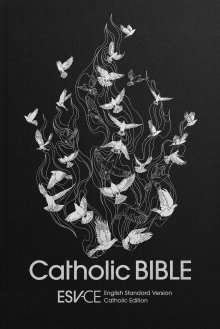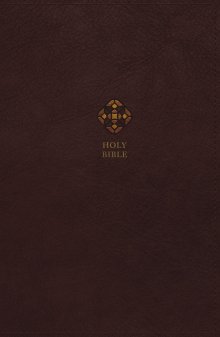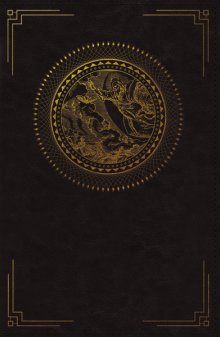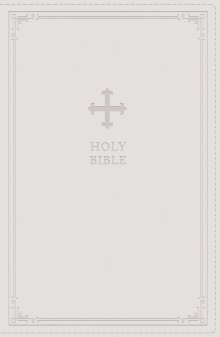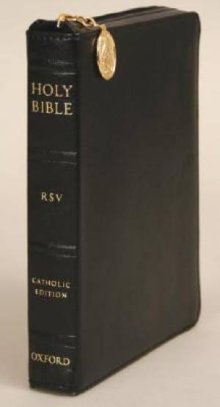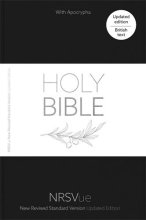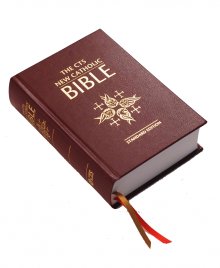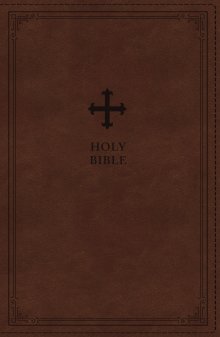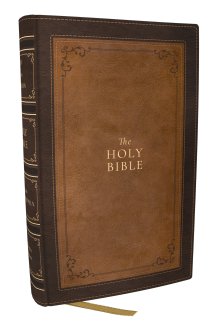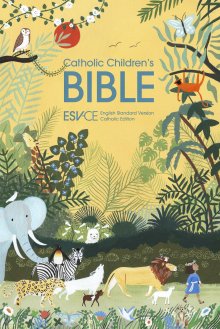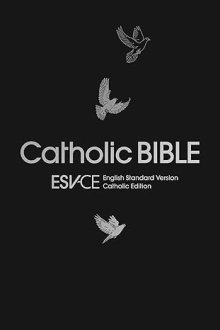Catholic vs. Protestant Bibles: The Key Differences Explained
Aaron Lewendon - Eden Bibles & Bible Study Specialist

It is one of the most frequently asked questions in the Christian world: what is the difference between a Catholic Bible and a Protestant Bible? It’s a crucial question, whether you are exploring faith for the first time, choosing a Bible for study, or simply seeking to understand your Christian brothers and sisters better.
While both Catholics and Protestants share a deep love for the vast majority of Scripture, there is one key difference between their Bibles: the number of books in the Old Testament.
This guide will clearly and respectfully explain that difference, show you which books are included, and help you understand why, so you can choose your next Bible with confidence.
The main difference between Catholic and Protestant Bibles is the inclusion of the Deuterocanonical books: Catholic Bibles include 46 books in their Old Testament, while Protestant Bibles have 39, as they do not include the books often referred to as the Apocrypha.
The Main Difference: The Old Testament Canon
The entire New Testament is exactly the same in both Catholic and Protestant Bibles—27 books, covering the life of Jesus and the works of the early church. The difference lies entirely in the Old Testament.
- A Protestant Old Testament consists of 39 books.
- A Catholic Old Testament consists of 46 books.
So, what are these seven extra books, and why are they included in Catholic Bibles?
The Deuterocanonical Books (or Apocrypha)
The seven books included in Catholic Bibles but not in most Protestant Bibles are known as the Deuterocanonical books. The term, meaning "second canon," is used by Catholics to denote that these books were affirmed as part of the Bible later than the original 39 books of the Old Testament.
These books are:
- Tobit
- Judith
- Wisdom (also called the Wisdom of Solomon)
- Sirach (also called Ecclesiasticus)
- Baruch
- 1 Maccabees
- 2 Maccabees
Catholic Bibles also include longer versions of the books of Esther and Daniel.
Protestant traditions often refer to these books as the Apocrypha. During the Protestant Reformation, reformers chose to adopt the Hebrew biblical canon of 39 books for their Old Testament, separating the Deuterocanonical books because they were not present in the Hebrew manuscripts.
At a Glance: Key Differences

Which Bible Should You Read?
For anyone seeking to understand the fullness of the Catholic faith, a Catholic Bible is essential, as the Deuterocanonical books are quoted and referenced in Catholic teaching. For those in Protestant traditions, a Bible with the 66-book canon is the standard for teaching and study.
Ultimately, the vast majority of the Bible is shared, and the core message of the Gospels is the same in both. Understanding the difference in the Old Testament simply helps us to appreciate the rich and diverse history of God's Word.
Our Top Recommendation for a Catholic Bible:
NRSVCE, Illustrated Catholic Bible
★★★★★ "Really good size and very readable. The inclusion of reprinted historic illustrations make it unique. It's excellent quality and could easily stay in the family for generations."
Our Top Recommendation for a Protestant Bible:
NIV Life Application Study Bible
★★★★★ "Bought this as a gift for an adult baptism. It has features I was not expecting, including a family tree page, as in an old family bible. And a presentation page. Plus, of course, all the study features. I was expecting good. This was better than good. All in all, delightful."
Our Bible Finder tool can help you find the right Bible every time.
Still not sure which Bible is right for you? You can learn more in our complete, free 97-page ebook, 'How to Choose Your Bible'.
Latest Blogs

Bibles
Bible Journaling for Men: A Practical Guide to Deeper Faith
Guys, discover how Bible journaling can deepen your faith. Our guide offers practical tips for men on note-taking, study, and choosing the right wide-margin Bible.

Bible
50 Beautiful Bible Names for Girls & Their Meanings (2026)
Looking for Bible names for girls? Discover 50 beautiful, meaningful names like Sarah, Eden, and Selah, and find the perfect Christening gifts to match.

Bible
50 Strong Bible Names for Boys & Their Meanings (2026)
Looking for Bible names for boys? Discover 50 strong, meaningful names like Noah, Asher, and Caleb, and find the perfect Christening gifts to match.
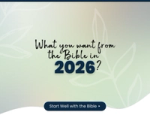
Bibles
What Do You Want from the Bible in 2026?
A helpful guide matching five spiritual goals for 2026, from understanding scripture to slowing down, with the specific type of Bible that will help you achieve them.
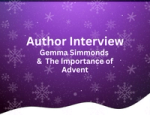
Advent
Gemma Simmonds & The Importance of Advent | Author Interview
We speak to Gemma Simmonds about her new Advent devotional 'Donkey Roads and Camel Treks' and why Advent is such an important season for the Christian journey.

Best Bibles
The Best Bibles of 2025
Discover our picks for the very best Bibles of 2025. We select the best Study Bible, Journaling Bible, Children's Bible and more released in 2025.

